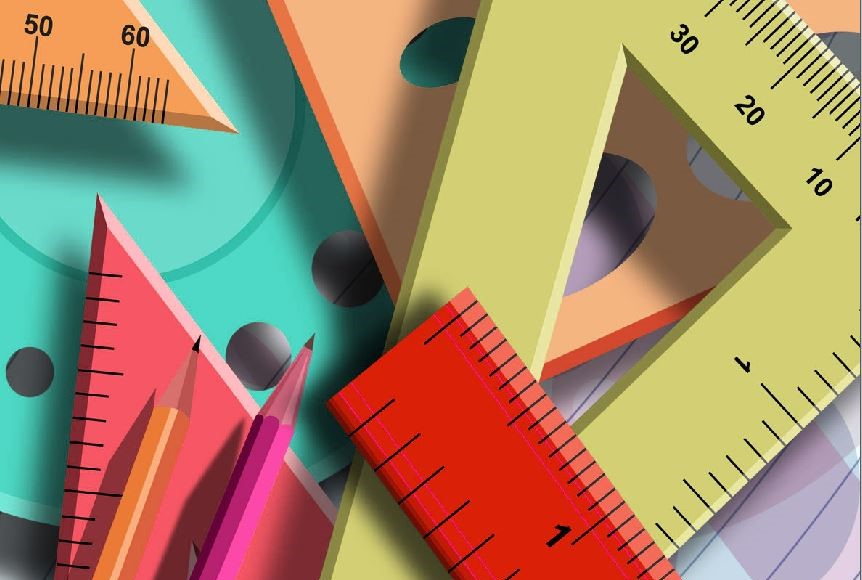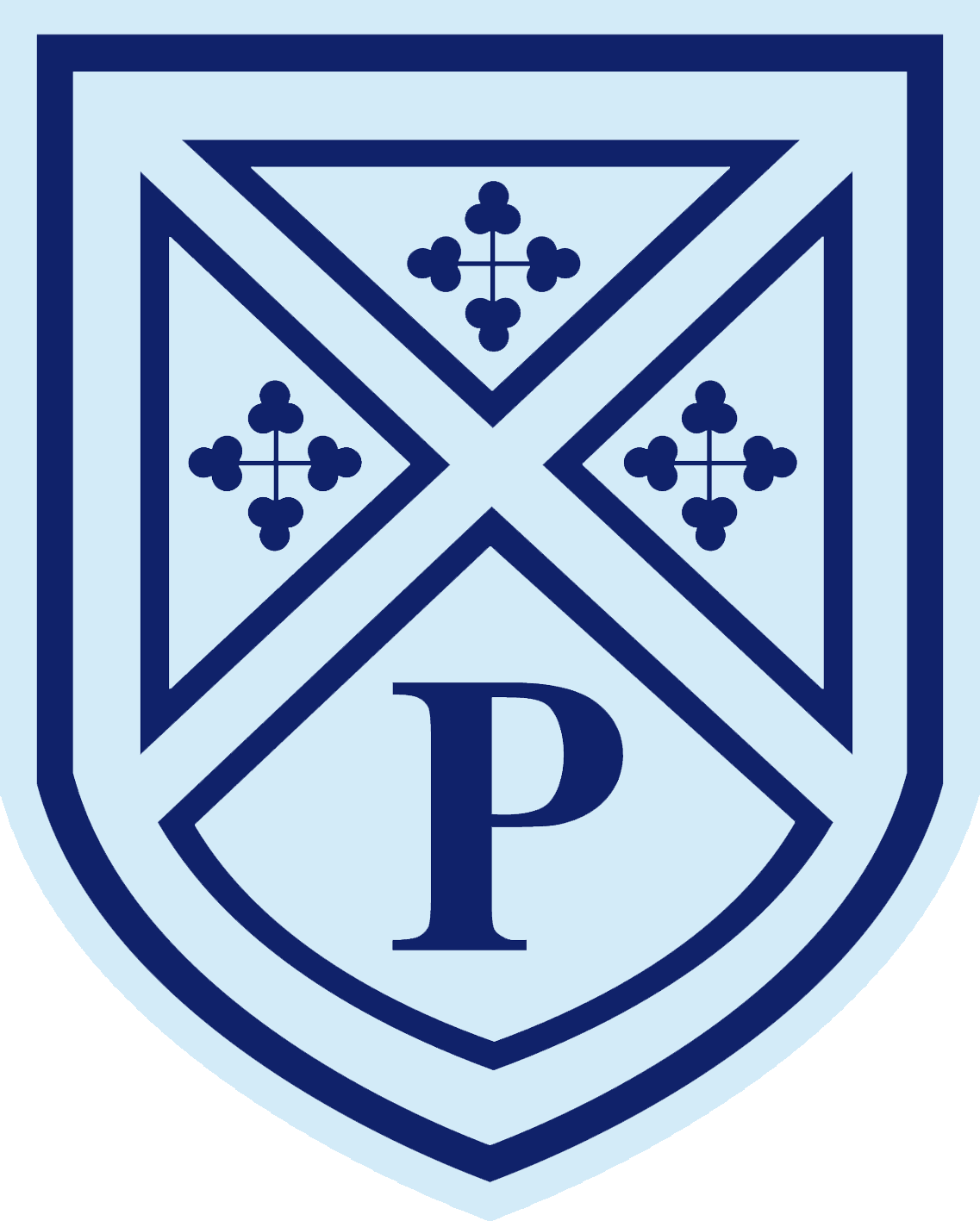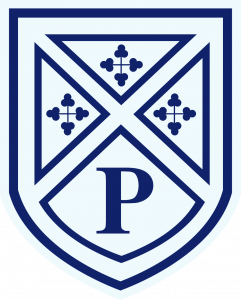Choose a Subject
Mathematics is taught throughout the school following the ‘mastery’ curriculum’s three aims of fluency, reasoning mathematically and problem solving. The intention of this approach is to provide all children with full access to the curriculum, enabling them to achieve confidence and competence – ‘mastery’ – in mathematics. The large majority of pupils’ progress through the curriculum content at the same pace. Stretch is achieved by emphasizing deep knowledge, rather than just accelerating pupils through the higher content of the subject. Individuals are supported when necessary through the use of concrete examples, models and images alongside the school’s intervention programme.
Our intention is to get pupils to see the links between their learning in Maths lessons and the wider curriculum, giving them confidence to try different things and think ‘out of the box’. Pupils are encouraged to explain their learning and communicate it in both a verbal and written formats. We want pupils to ask questions and be intrigued by the subject. Numeracy skills are embedded across the curriculum within other subjects such as: Humanities, DT, Computing and Science.
KS2:
All pupils will have 5 Maths lessons and 2 Real-Life Maths lessons a week in Key Stage 2. Maths lessons are taught in groups, allowing more targeted support due to the groups being smaller. How the groups are determined changes depending on the cohort needs. Real-Life Maths is taught in mixed ability classes allowing the pupils to transfer their skills to real-life contexts. The two elements together cover the Mathematics curriculum.
The grouped Maths lessons focus heavily on the elements of number, allowing pupils to develop their knowledge and skills in this area, including being able to reason and manipulate numbers and make explicit links between their learning. These lessons cover the topics of Place Value, Addition and Subtraction, Multiplication and Division, Fractions, Decimals and Percentages. (For more information refer to the KPIs for Maths)

Mental strategies and formal calculation methods are taught throughout year 5, with an emphasis on the pupils being able to pick the best and most efficient method for a calculation or problem. (For more information refer to the School Calculation Policy)
Models and images are used throughout the KS2 Maths curriculum to support pupils’ learning. These include the use of place value charts, number lines, Dienes, place value counters, bar models, balance model, ‘Steps’ model, factor bugs and many more. The pupils are encouraged to do whatever is needed to understand a problem or question.
In Real-Life Maths, the pupils will apply their Maths knowledge to different missions. Many of the missions cover a variety of Maths skills, allowing the pupils to transfer skills as much as possible. Some areas of the curriculum are taught solely in Real-Life Maths, whereas others are reinforced and consolidated.
KS3:
At Key Stage Three the learning focuses on broadening pupils understanding of mathematical skills and knowledge through the areas of number, algebra, geometry, statistics, proportion and ratio, probability and retention of maths skills and knowledge. This is supported by My Maths: both the textbook scheme and ICT program, White Rose and Ninja Maths.
Pupils in Year 7 have five lessons while Year 8 have four lessons of Maths a week. They are taught in groups which are organised based on the cohort’s needs. Formal and mental calculations continue to be taught throughout the key stage with pupils being encouraged to pick the best and most efficient method for a calculation or problem. (For more information refer to the School Calculation Policy) In year 7, pupils will have 2 number and 3 wider curriculum lessons and in year 8 1 number and 3 wider curriculum. Pupils are also taught how and when to use a scientific calculator and are encouraged to buy the school recommended one at the start of Year 7.

Financial Maths and Careers Links are covered through the year. These lessons allow pupils to consider how maths will be useful to them in the future and what financial skills are needed in real-life.
Digital Platforms
A variety of digital platforms are used to support learning in Maths. These include: MyMaths, Times Table Rock Stars (TTRS), Mathsframe, White Rose and MicrosoftTeams.
Basic Skills
A good understanding of basic skills is vital to be successful in Maths. These include times tables to 12x12, division facts, number bonds, doubling and halving, place value column knowledge, to count forwards and backwards in multiples of 10,100 and 100 and related facts. These skills are reinforced and used across the Maths curriculum. This number knowledge is also consolidated through Basic Skill sessions, such as: 5Qs, TTRS, Calculation Challenges and Ninja Maths.
Calculation Policy/Models and Images
The same methods are taught throughout the school for the 4 Rules of numbers and for fractions calculations. Many of the images used are consistent across the school. These are on show in Maths classrooms and available in the Pupil handbooks. The method taught are also passed on to the high school to support transition to year 9.
‘66’ Times Tables Test
KS2 have a times table competition that runs half termly. The pupils have to answer 66 times tables questions as quickly as possible, being given a maximum of 10 minutes. Every term they aim to beat their previous time and get full marks. There are lots of achievement points and ‘shout outs’ up for grabs!
Times Table Rock Stars
TTRS is used throughout KS2 to build on the pupils’ times table knowledge from first school. TTRS is introduce in year 5 on ‘Rock Star’ day, ready for the ‘Rocktober Battles’ to commence! Battles take place between bands (classes) which are extremely competitive! Certificates, achievement points and inflatable guitars can be won!
Primary Maths Challenge
The most able pupils in Year 5 and 6 have a chance to take part in the Primary Maths Challenge. This challenge encourages them to use their Maths knowledge, think in different ways and to compete against other pupils in the country.
UKMT Challenge
The most able pupils in Year 7 and Year 8 have a chance to take part in the individual UKMT Maths Challenge. This challenge encourages them to use their Maths knowledge, think in different ways and to compete against other pupils in the country.
Escape Room
Every year, 4 pupils from year 8 are chosen to represent the school at the annual Escape Room hosted by Aston Fields Middle School.
National Numeracy Day
The whole school takes part in National Numeracy Day. With the focus on how Maths is used in everyday life and in different careers and jobs.
STEM Enrichment
A variety of trips and enrichment activities linked to STEM take place through the school. These can vary from year to year, but have included: Bletchley Park and Warwick University Engineering Department.
Numeracy Across the Curriculum
All rooms have displays relating to Maths that can support the pupils across the curriculum. Some elements are available in the Pupil handbook too.
Year 5 Maths/English morning
Parents/carers of the new year 5 intake are invited into school in the Autumn Term to find out about Maths at Parkside. They also have the opportunity to join their children in a Maths lesson.
Year 5 Real-Life Maths Party
Parents/carers of the new year 5 intake are invited into school in the Summer Term. The pupils share their learning, proudly talking their parents/carers through their RLM books. They are also able to show their understanding of various mathematical concepts including ratio, scaling, area, perimeter, and compound shapes through the party activities
Home Learning
Pupils are set weekly homework in Maths consisting of two parts. Part 1 to consolidate current work from their Maths lessons and Part 2 to consolidate previous learning to help them remember more. In most cases, homework alternates between written and digital using the MyMaths.
KS2 are also expected to practice times tables weekly using TTRS or Hit the Button.
Maths Leaders
Year 8 pupils have the opportunity to apply to be Maths Leaders. These pupils support the learning of year 5 and 6 pupils during interventions throughout the year. This is a highly successful programme that allows the year 8 pupils to improve their coaching skills and the year 5 and 6 pupils to have one-to-one peer support.
Choose a Year Group
Year 5
The Year 5 curriculum builds on the learning from Year 3 and 4. Everything is taught in ‘small steps’ and time is built in weekly to recall, remember and practise previously learnt skills, to help the pupils build confidence in their Maths and make links to previous learning.
The Year 5 curriculum covers: Place Value; Addition and Subtraction; Multiplication and Division; Fractions, Decimals and Percentages; Properties of Shape; Measures and Statistics. This is covered through the combinations of grouped Maths lessons and Real-Life Maths
The Real-Life Maths missions include: showing their Year 4 knowledge to make Maths games; planning a party using number; using measure and shape skills to plan a new classroom; capturing Jack Sparrow in the Pirate’s Mission using position and direction skills and planning a holiday covering number and statistics.
Year 6
The Year 6 curriculum consolidates learning from Year 5 before building on it. Everything is taught in ‘small steps’ and time is built in weekly to recall, remember and practise previously learnt skills, to help the pupils build confidence in their Maths and make links to previous learning. Time is also taken in Year 6 to prepare the pupils for the end of key stage statutory assessments (SATs). This preparation includes confidence building and experience of different types of test questions and practice through test weeks. The overall aim of Year 6 Maths is to prepare the pupils for the challenges of the KS3 Maths Curriculum.
The Year 6 curriculum covers: Place Value; Addition and Subtraction; Multiplication and Division; Fractions, Decimals and Percentages; Properties of Shape, Measures; Ratio and Proportion; Statistics and Algebra. This is covered through the combinations of grouped Maths lessons and Real-Life Maths
The Real-Life Maths missions include: use of BIDMAS and algebra within the codebreaking mission as members of Bletchley Park during WWII; using conversions and time knowledge to travel around the UK; using measure, area and perimeter skills to design gardens.
Year 7
The Year 7 curriculum builds on the learning in Key Stage 2. Topics are taught in units and time is built in weekly to recall, remember and practise previously learnt skills, to help the pupils build confidence in their Maths and make links to previous learning. The overall aim of Year 7 Maths is to widen the Maths Curriculum.
In Year 7 pupils use the MyMaths Key Stage 3 scheme which provides a firm foundation for high school and GCSE. Place value and number are consolidated and developed further, but there is a greater emphasis on Algebra, Geometry, Statistics, Probability, Ratio and Proportion. (For more information refer to the KPIs for Maths.) Pupils complete mini assessments after each unit which allows them to consolidate their skills and knowledge. Basic skills are practised weekly using Ninja maths. Financial Maths and careers education are interwoven.
Year 8
The Year 8 curriculum builds on the learning in Year 7. Topics are taught in units and time is built in weekly to recall, remember and practise previously learnt skills, to help the pupils build confidence in their Maths and make links to previous learning. The overall aim of Year 8 Maths is to prepare the pupils for the challenges of the High School Maths Curriculum.
In Year 8 pupils use the MyMaths Key Stage 3 scheme which provides a firm foundation for high school and GSCE. Place value and number are continually developed, but there is a greater emphasis on Algebra, Geometry, Statistics, Probability, Ratio and Proportion. (For more information refer to the KPIs for Maths.) Pupils complete mini assessments after each unit which allows them to consolidate their skills and knowledge. Basic skills are practised weekly using Ninja maths. Financial Maths and careers education are interwoven.

